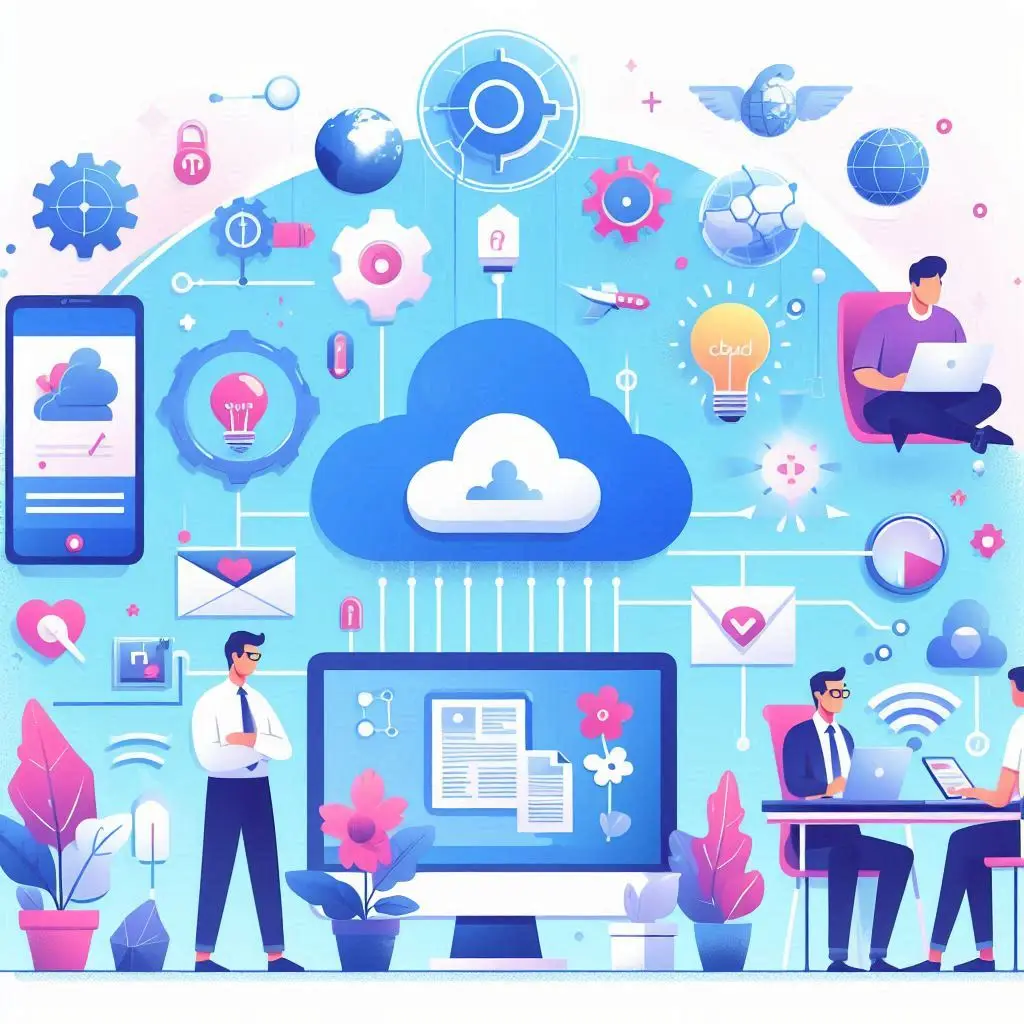Protect Your Online Privacy – Today, with so much of our lives connected online, everybody is concerned about online privacy. With cyber threats evolving and data breaches becoming increasingly common, knowing how to protect your online privacy with free tools is essential. You can protect your data on your smartphone, tablet, or computer without spending a lot or finding it difficult. Various free tools can assist you in protecting your privacy and safety on any device, meaning you have more control over your digital identity.
Recognizing Why Online Privacy Matters
Understanding why online privacy is important is the first thing you need to do. Whenever you go on the internet, use social sites or shop using your computer, traces of your activity are left behind. Examples of traces include usernames, passwords, where you live, your web activity and financials. Hackers, companies and even some genuinely legal businesses can use your private information without asking, resulting in identity problems, advertisements and unauthorized sharing.
When you protect your online privacy, your personal information is secure, and you are in charge of it. Besides reducing the danger from cyber crimes, it also improves your time on the internet by blocking unwanted monitoring and following.
How to Protect Your Online Privacy with Free Tools on Any Device

It is possible to keep your personal information safe on any device, since many user-friendly and free tools are available for the task. They include products such as VPNs (Virtual Private Networks), secure browsers and password managers, as each one contributes to your online security.
Choose a free VPN service to protect your online browsing.
Having a VPN will encrypt your internet traffic which makes your IP address and location unreadable to others. Being encrypted prevents advertisers and hackers from seeing what you do online. Several trustworthy free VPN services allow you to surf the web safely on any connection, without much extra functionality.
While extra features are found in paid VPNs, free VPNs are also able to secure your privacy by stopping ISPs and other companies from monitoring your web activities. Go for providers that assure you they do not have access to or share your personal information.
Opt for Privacy-Focused web browsers and search engines.

The browser you use is very important for keeping your online privacy. Most browsers record user data to display relevant ads, but privacy-focused browsers usually stop trackers right away. If you use Mozilla Firefox, Brave or Tor Browser, you can be more anonymous since these browsers prevent too much information from escaping and block various trackers, scripts and annoying ads.
Along with changing your browser, try using privacy-focused search engines like DuckDuckGo or Startpage to stop your search activity from being stored or studied. Off-by-default search engines don’t save your personal data so that your online searches are more protected.
Use free password managers to boost the protection of your passwords.
When passwords are easy to guess or have been used before, it puts your online privacy at high risk. Password managers that are free help you quickly generate strong passwords and autofill them for each website account. Because of this, there is less chance of hacking since users don’t reuse their login details.
With Bitwarden or LastPass (in their free versions), you can keep your passwords safe in one place and use them wherever you like. A password manager makes sure your important accounts are secure which is crucial for maintaining your privacy.
Set up Two-Factor Authentication Whenever You Can.

Using 2FA means an extra kind of security is added, not just a password. For security, it needs you to provide a different code that is sent by text to your phone or produced by an authenticator app—and you need to use this code quickly. Many popular online services include free 2FA, which greatly decreases the possibility of your account being taken over.
Both Google Authenticator and Authy are free and have support for numerous services, making security more powerful at no expense. Adding 2FA to strong passwords is a very efficient way to shield your online accounts from hackers.
Always Update the Software and Devices You Use
It is crucial but not always noticed that updating your os, apps and antivirus is a good way to ensure your privacy. Many of the updates contain security changes to address weaknesses hackers use. This works with every kind of device such as phones, tablets, laptops or desktops.
For many devices, automatic updates are available, so turning this feature on makes sure you are protected quickly. Regular updates lower the risk of falling victim to malware, ransomware or any other threat to your privacy.
You can use free antivirus and anti-malware software.
A virus or malware might look for your information, track what you do or mess up your computer. It’s good news that many antivirus and anti-malware software are available free of charge and provide good security. Avast Free Antivirus, Malwarebytes Free and Windows Defender can all scan your computer and get rid of malware for free.
Regularly scanning your devices with antivirus software early identifies threats, protects your information against breaches and ensures your privacy is safe.
Decide which apps should and shouldn’t have permission and limit the sharing of your data.
Apps on mobile phones are often permitted to look at your location, contacts or camera. Keeping these permissions managed helps to keep your private information secure. Users can check and alter individual app permissions on both Android and iOS.
Controlling the level of data collection gives you less chance of being affected by data mishandling or leaks. In addition, often reviewing the permissions required by the apps helps you protect your private data.
Prefer tools that use encrypted messages.
It is equally important to protect privacy when we communicate online as it is when we browse the web safely. A lot of famous messaging applications aren’t protected by default with end-to-end encryption, so anyone may read your messages. Signal and Telegram are examples of free chat apps that protect your privacy by protecting your conversations from others.
Utilizing emails that are encrypted and services like VoIP ensure more privacy during confidential talks. Because of this, no one else besides you and the recipient can access your messages.
Browser Extensions and Privacy Add-ons
In addition to single apps, browser extensions are an excellent way to boost privacy. HTTPS Everywhere makes websites use encryption, and ad-blockers stop advertisements and trackers from showing. Privacy Badger and uBlock Origin are easy-to-use extensions that stop trackers and scripts which resulting in better privacy and a smoother browsing experience.
They are meant to go with privacy-focused browsers, helping protect users from being tracked online.
Keeping Good Digital Hygiene for People’s Privacy
Even the best free tools don’t make privacy protection completely automatic. Do not click unknown links, clean cookies and cache often and go into private browsing whenever you can. Watch what personal information you put on social media and websites, because too much sharing can make you more at risk.
Knowing about phishing scams and social engineering reduces your chances of being swindled out of your data. Using technology together with wise Internet usage will give you the best protection for your privacy.
Last section: How to Protect Your Online Privacy for Free
Learning how to protect your online privacy with free tools on any device is more achievable than ever. Security software like VPNs or secure web browsers and apps for sending coded messages are available as free tools to save you money. Ensuring your apps are updated, controlling what they can access and being cautious online increase your protection from hackers.
Because our personal data is so easily exposed now, it is very important to protect your privacy when using the internet. Use these free methods and tools and you can rely on the internet without being concerned about your personal information.



